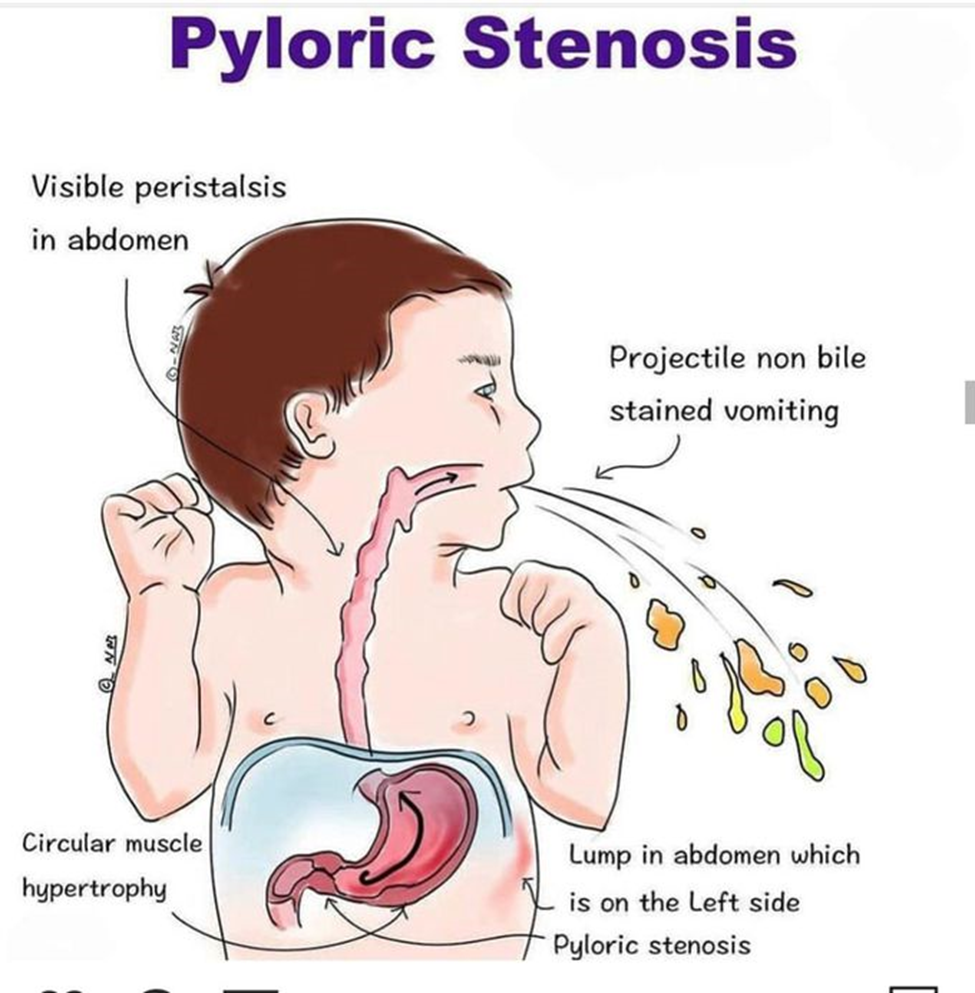A nurse is collecting data from a client who has contact dermatitis of the neck and upper chest. Which of the following findings should the nurse expect?
Reports of exposure to a skin irritant
Elevated temperature
Denial of pruritus
Reports of joint discomfort
The Correct Answer is A
A. Reports of exposure to a skin irritant:
This finding is consistent with contact dermatitis, as it typically occurs due to exposure to irritants or allergens. Therefore, it is an expected finding.
B. Elevated temperature:
Elevated temperature is not typically associated with contact dermatitis unless there is a secondary infection. It is not a typical finding in uncomplicated contact dermatitis.
C. Denial of pruritus:
Pruritus, or itching, is a common symptom of contact dermatitis. Clients with contact dermatitis often experience itching or discomfort in the affected area. Therefore, denial of pruritus would be an unexpected finding.
D. Reports of joint discomfort:
Joint discomfort is not typically associated with contact dermatitis. Contact dermatitis primarily affects the skin and does not usually involve the joints. Therefore, reports of joint discomfort would be an unexpected finding.
Nursing Test Bank
Naxlex Comprehensive Predictor Exams
Related Questions
Correct Answer is B
Explanation
A. Measuring the child's chest circumference:
Measuring the chest circumference may not directly aid in the assessment of Wilm's tumor. While it's important for assessing respiratory conditions or monitoring growth, it's not a primary assessment for Wilm's tumor, which primarily affects the abdomen.
B. Palpating the child's abdomen:
This is an essential action in assessing for Wilm's tumor. The nurse should carefully palpate the abdomen to check for any masses, swelling, or tenderness, as these could be indicative of the tumor.
C. Measuring the child's occipitofrontal circumference:
This measurement pertains to the head circumference and is not directly related to the assessment of Wilm's tumor. While it's important for monitoring head growth and development, it's not a priority when assessing for Wilm's tumor.
D. Placing the child in an upright position:
Placing the child in an upright position may be necessary for certain assessments or procedures, but it's not directly related to assessing for Wilm's tumor. The focus should primarily be on abdominal assessment and palpation to detect any signs of the tumor.
Correct Answer is A
Explanation
A. Projectile vomiting
Projectile vomiting is a classic symptom of pyloric stenosis in infants. It typically occurs within 30 minutes of feeding and is forceful, often projecting several feet away from the infant. This occurs due to the obstruction at the pyloric sphincter, leading to the stomach forcefully emptying its contents.
B. Metabolic acidosis
Metabolic acidosis is not a typical finding associated with pyloric stenosis. Pyloric stenosis leads to vomiting, which can result in dehydration and electrolyte imbalances, but it typically does not cause metabolic acidosis directly.
C. Effortless regurgitation
Effortless regurgitation is not a characteristic finding of pyloric stenosis. In pyloric stenosis, vomiting is forceful and projectile, rather than a passive regurgitation of stomach contents.
D. Distended abdomen
A distended abdomen can be a finding in pyloric stenosis. The obstruction at the pyloric sphincter can lead to gastric retention, causing the stomach to become distended over time. However, it's important to note that not all infants with pyloric stenosis will present with a visibly distended abdomen.

Whether you are a student looking to ace your exams or a practicing nurse seeking to enhance your expertise , our nursing education contents will empower you with the confidence and competence to make a difference in the lives of patients and become a respected leader in the healthcare field.
Visit Naxlex, invest in your future and unlock endless possibilities with our unparalleled nursing education contents today
Report Wrong Answer on the Current Question
Do you disagree with the answer? If yes, what is your expected answer? Explain.
Kindly be descriptive with the issue you are facing.
